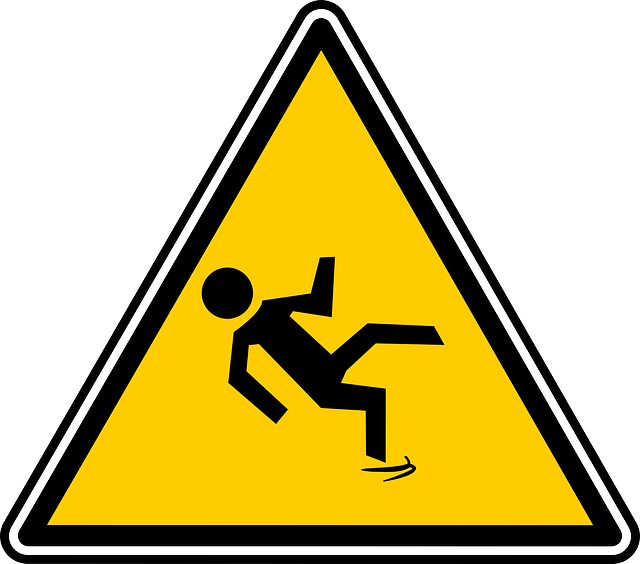Did you know that falls are one of the leading reasons people end up in the emergency room? From silly mistakes, we make to tripping on area rugs and even health complications can cause us to take that tumble no one wants to make. Yet, our seniors pose a more dangerous risk of falling. The CDC says, “each year, millions of older people—those 65 and older—fall. In fact, more than one out of four older people falls each year, but less than half tell their doctor. Falling once doubles your chances of falling again.” As Americans are living longer, it’s showing that more of us are falling, and we need help.
According to the National Council on Aging, one in four Americans over the age of 65 falls each year. In 2018, older Americans experienced 29 million falls, resulting in 7 million injuries. Falls are very closely related to our balance. If we lose our balance we can stumble and fall, if we are struggling to step over or maneuver around objects, it can be harder for us than those who have stronger balance. If you find you are falling more than average, or really falling at all, it can be a warning sign about your balance. The good news is, balance is like a muscle, you can improve it over time with certain exercises that can improve your strength, balance, and confidence!
Self-balance checks are different for everyone depending on their current balance stage. Yet, maybe people start to notice a change in balance when they can no longer perform tasks as well as they used to. If you can no longer balance well standing on one foot, when you used to be able to do so easily, that’s a change. If you find you can no longer climb the stairs without holding a railing that may also be a sign that your balance isn’t what it used to be. Maybe you used to be able to walk toe-to-heel (tightrope walking) and that is something you really can’t safely do anymore. That is a clue that your balance has changed as well. If you never try balancing on one foot, climbing stairs unassisted, or tightrope-style walking, you may want to check in and see if you can do so safely while making sure you have something safe around you for support. Do not practice balance with things that can easily move – like chairs on wheels, tables that can slide, or shoes that don’t have flat bottoms.
There are also other things that factor in with your balance that you may not have thought of. First of all, hearing. If you are noticing a change in your balance it very well may be a great idea to get a hearing test. Our ears have a lot to do with our balance. Secondly, hydration! Lack of proper hydration can cause us not to feel like ourselves, cause dizziness and take away from our balance. Making sure to stay properly hydrated year-round will help with your balance. Third, if you are struggling with any feet issues, toe pain, heel pain, and lack of sensation in your feet, this is something you want to address sooner than later. While your foot pain or feeling loss may not be affecting your balance just yet, it is best to be proactive when it comes to foot care. Lastly, migraines can also affect your balance and cause more falls. If you are living with migraines or suddenly experiencing more headaches, it’s something you should always explore with your physician.
There is more that goes into learning about what makes you at risk for falling. If you want to learn more, you should join our free Fall Education and Screening Event at The Wellness Center which will be administered by Physical Therapists and Occupational Therapists from our Rehab Services Department on Thursday, October 27th from 2:00-3:30 pm. All are welcome and no reservations are needed. Just arrive at 1734 Crawford Farm Road in Newport for the 2 pm start. We hope you can come and maybe bring someone else with you, so you can learn together. Because we want no falls this fall!
Mary Hoadley
Director of The Wellness Center


